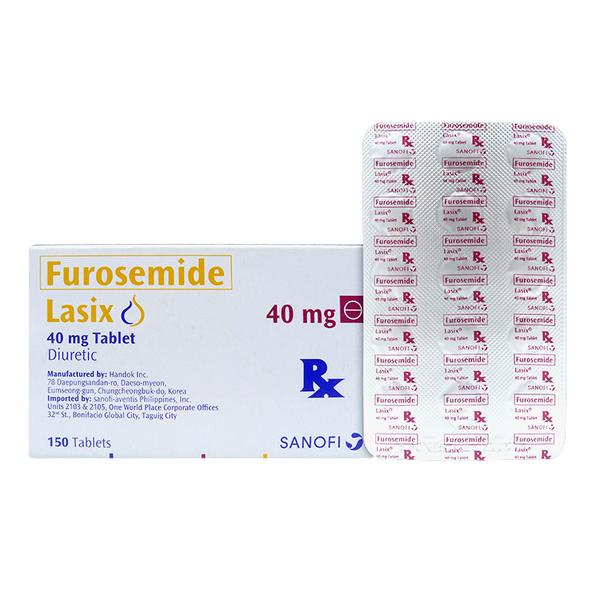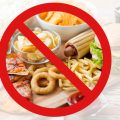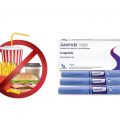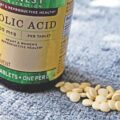Taking a medicine at the same time you eat can cause your body not to absorb the medicine. Or certain foods may delay or decrease the absorption of the drug.
Some medicines cannot be taken with certain types of food. The food can cause a reaction that changes the effect of the medicine. It also can create or heighten side effects.
What is Furosemide?
Furosemide is used alone or in combination with other medications to treat high blood pressure. Furosemide is used to treat edema (fluid retention; excess fluid held in body tissues) caused by various medical problems, including heart, kidney, and liver disease. Furosemide is in a class of medications called diuretics (‘water pills’). It works by causing the kidneys to get rid of unneeded water and salt from the body into the urine.
High blood pressure is a common condition and when not treated, can cause damage to the brain, heart, blood vessels, kidneys and other parts of the body. Damage to these organs may cause heart disease, a heart attack, heart failure, stroke, kidney failure, loss of vision, and other problems. In addition to taking medication, making lifestyle changes will also help to control your blood pressure. These changes include eating a diet that is low in fat and salt, maintaining a healthy weight, exercising at least 30 minutes most days, not smoking, and using alcohol in moderation.
How should this medicine be used?
Furosemide comes as a tablet and as a solution (liquid) to take by mouth. It usually is taken once or twice a day. When used to treat edema, furosemide may be taken daily or only on certain days of the week. When used to treat hypertension, take furosemide around the same time(s) every day. Follow the directions on your prescription label carefully, and ask your doctor or pharmacist to explain any part you do not understand. Take furosemide exactly as directed. Do not take more or less of it or take it more often than prescribed by your doctor.
Furosemide controls high blood pressure and edema but does not cure these conditions. Continue to take furosemide even if you feel well. Do not stop taking furosemide without talking to your doctor.
Does food affect furosemide absorption?
Yes. Studies have shown that taking furosemide with breakfast reduced the peak level of furosemide and decreased its bioavailability by approximately 30%. A heavy meal given to 5 of the subjects had no further effect. The reduced bioavailability caused a reduction in the diuretic effect.
What foods to avoid when taking furosemide
When taking furosemide, you should avoid foods that contain too much salt because this can affect the way furosemide work or stop it from working. Avoid foods that have a lot of salt in them, such as processed foods or ready-meals.
Intake of diuretic herbs like dandelion, uva ursi, juniper, buchu, hibiscus and parsley with furosemide should also be avoided because it may result in excess diuresis. Licorice should not be used with loop diuretics like furosemide as it can worsen the side effects of the drug.
What foods to eat when taking furosemide
If your doctor prescribes a low-salt or low-sodium diet, follow it religiously. Drink or eat increased amounts of potassium-rich foods like bananas, prunes, raisins, and orange juice.
What should I avoid while taking furosemide?
Plan to avoid unnecessary or prolonged exposure to sunlight and to wear protective clothing, sunglasses, and sunscreen. Furosemide may make your skin sensitive to sunlight. You should know that furosemide may cause dizziness, lightheadedness, and fainting when you get up too quickly from a lying position.






